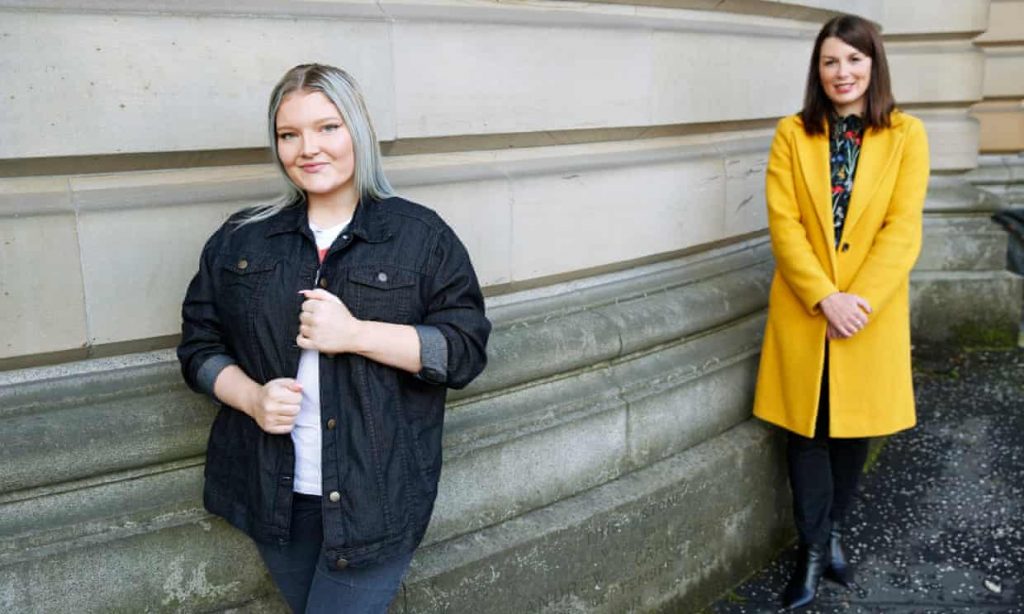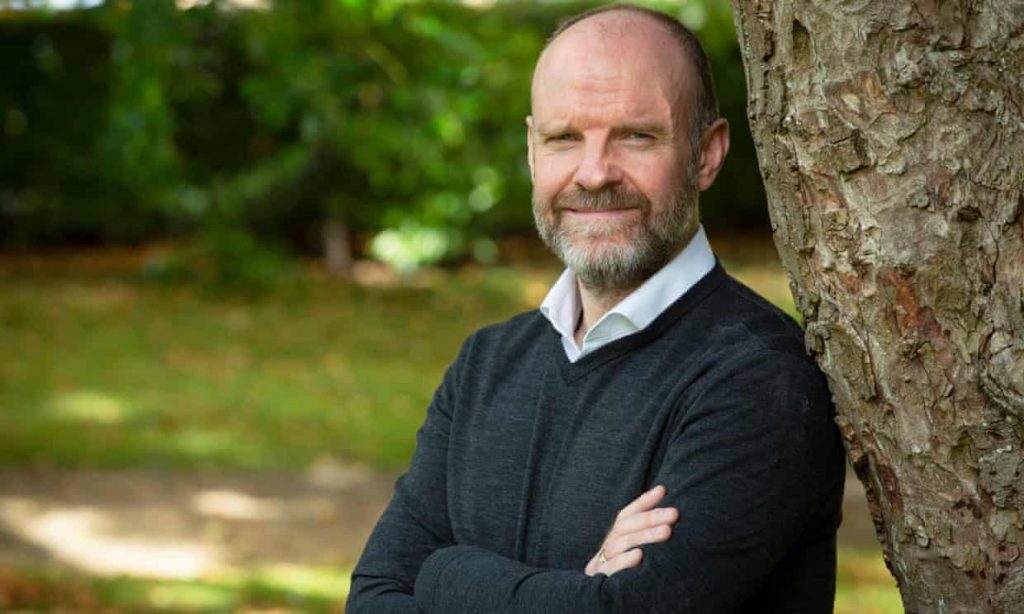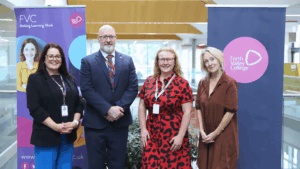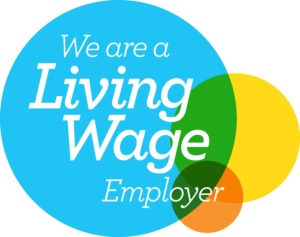Published by The Guardian
Written by Eve Livingston
If it weren’t for mentoring, says 21-year-old Billy McMillan from Glasgow’s Easterhouse, he would be “in prison like my father was at my age, or – most likely based on the outcomes for Glaswegian men from my background – I’d be dead”.
McMillan’s childhood was a turbulent one, and in foster care he found himself struggling with poor mental health and suicidal thoughts. “By the time I was in high school I wasn’t really a person, I was a collection of broken things,” he says. “I couldn’t read, spell, ride a bike, swim … I couldn’t tie my own shoelaces.”
When he was 14, McMillan took part in a new scheme to provide targeted support to vulnerable young people. Launched in 2007, the MCR Pathways programme provides those who are or have been in care with one-to-one mentoring during their final three years of school.
McMillan says having a mentor changed his life. “Everything was different – having somebody who I was anonymous to, who didn’t judge me and wasn’t a threat to me.”
He is just one of thousands of young people who are, or have been, in care to have a mentor in Scotland. MCR says that 1,500 14- to 18-year-olds are being mentored across the country.
Mentors are volunteers. After background checks and training, coordinators in each school identify match them with potential mentees based on interests, location and other factors. Before Covid, participants were meeting their mentors once a week at school.
For an initiative built on the strength of face-to-face contact, lockdown restrictions presented a challenge, but mentoring has continued, with 2,000 young people “meeting” their mentors throughout lockdown via video, audio and instant messaging.
I became a mentor last year, when I was paired with a 16-year-old mentee called Shannon (not her real name) near my home in Glasgow. She wanted to be supported by another young woman – I am 28 and one of the youngest mentors.
Initially I was nervous – to go back into school, to spend intense one-on-one time with a teenager who I knew nothing about, to be considered any sort of authority at all on adulthood. I needn’t have been: nearly a year into our partnership, the hour I spend mentoring is consistently one of the most fun, rewarding and motivating of my whole week.
At first we met weekly in Shannon’s school for an hour at a time, where we could talk privately about schoolwork, home life and anything else she wanted to share. After several months establishing a rapport in person, the transition to video chat when lockdown happened was challenging at first: communication felt more stilted, and difficulties with wifi and finding quiet rooms in a busy school hampered some early sessions. But we have adapted and continue to meet each week to discuss everything from maths lessons and career plans to Love Island and TikTok.

Susanne Richards, 17, says her mentor, Jenny McLeod, has helped her think long term. “She gave me motivation and helped me look towards a future for the first time,” she says. Until she met McLeod, Richards had behavioural issues and found it hard to focus.
“All they’d offered me previously was anger management, which didn’t feel like what I needed,” she explains. “When you’re talking to a teacher or a social worker you feel like you’re being constantly judged and assessed. With a mentor you can just talk about anything and put all your feelings out there.”
At the beginning of this year, Richards received an unconditional offer to study law at the University of Strathclyde. “I don’t think I would have achieved the things I have without my mentor,” she says “though she [my mentor] would say that’s not true.” .
In addition to one-to-one mentoring, the MCR scheme also supports young people who have been in care through group work, “talent taster” sessions in workplaces and further and higher education. Overall, the charity works with 2,300 young people every week – about 15% of Scotland’s “looked-after” young people
The results of a three-year-long study into the programme, published this year, found the experiences of Richards and McMillan are not unique. It had similarly transformational effects on other young people involved who are among Scotland’s most disadvantaged – 77.6% of mentees live in the 20% most deprived postcodes in Scotland. Whereas young people who have been in care are disproportionately more likely not to be in education, employment or training – 39% compared with 12% of other young people in the UK – the study found that 81.6% of mentored pupils went on to college, university or a job after leaving school, compared with 56.3% of non-mentored care-experienced school leavers. Meanwhile, an independent care review also specifically highlighted the impacts of mentoring and called for its expansion within schools.
But Iain MacRitchie, an entrepreneur and founder of MCR Pathways, says the benefits go way beyond education. “Really, we’ve only ended up in the education system because it’s the single thing that shifts the dial on life chances in every other way,” he says. “We’ve tried clinical interventions, we’ve tried it through social work and in the community – the only thing that worked was one-to-one relationships. Once we got the concept, we had to make it mainstream – and where can you reach everybody? In school.”

MCR’s mentoring programme is uniquely successful, says MacRitchie, because young people themselves are involved at every stage of planning, delivery and evaluation. There is, he says, a clear link between mentoring and issues like mental health, violence and addiction which are present in many mentored young people’s lives. “These young people are set up to fail through no fault of their own and it’s such a waste,” he says. “But we know mentoring helps with self-esteem, confidence and prospects because the young people keep telling us it does.”
Scotland’s policy to keep young people in school wherever possible, rather than excluding them, helps reduce knife crime, drug use and gang violence, he says, pointing to the widely cited link between an 81% reduction in permanent exclusions in Glasgow over the past decade and the simultaneous 48% decrease in youth crime. “But you can’t just say ‘let’s include’ and then not provide any extra support,” he points out. “That’s where we come in.” More than 1,000 young people who have been in care were surveyed by the charity about their experiences of lockdown, providing recommendations on everything from home learning to mental health that were then presented to local and Scottish government.
Despite the uncertainty wrought by Covid, MacRitchie believes MCR’s model can be a solution elsewhere in the UK and is actively looking to roll out the programme in a number of English local authorities.
“Given the effect of lockdown on our most disadvantaged – the loss of education has been compounded by the profound impact on mental wellbeing, confidence and self belief – it is absolutely critical that young people’s voices are being heard and that they are centre stage for all decisions,” he says. “Over 80% told us they wanted an MCR mentor to help them. Their feedback is crystal clear.”
Back in Glasgow, McMillan is studying politics at the University of the West of Scotland and says he is much happier. “I still think if it wasn’t for the support I got from [my mentor], I wouldn’t be here today – and I don’t just mean doing well, I mean alive.”





